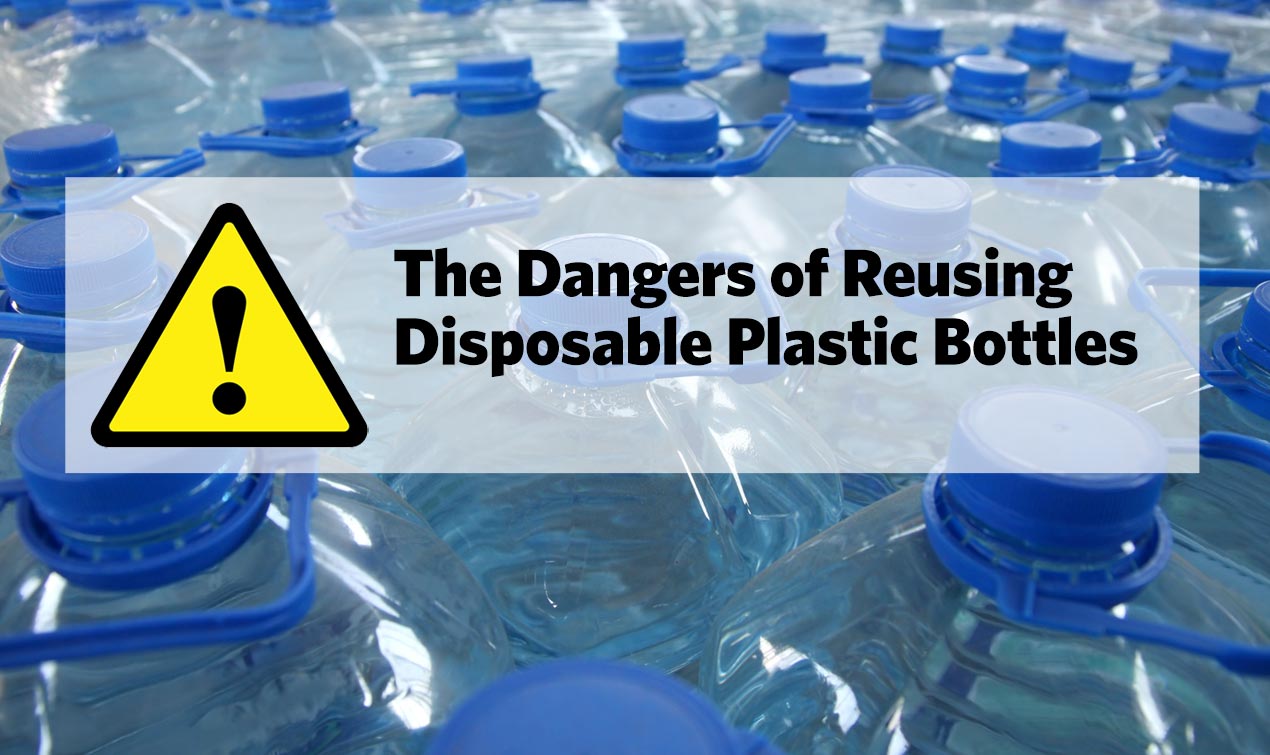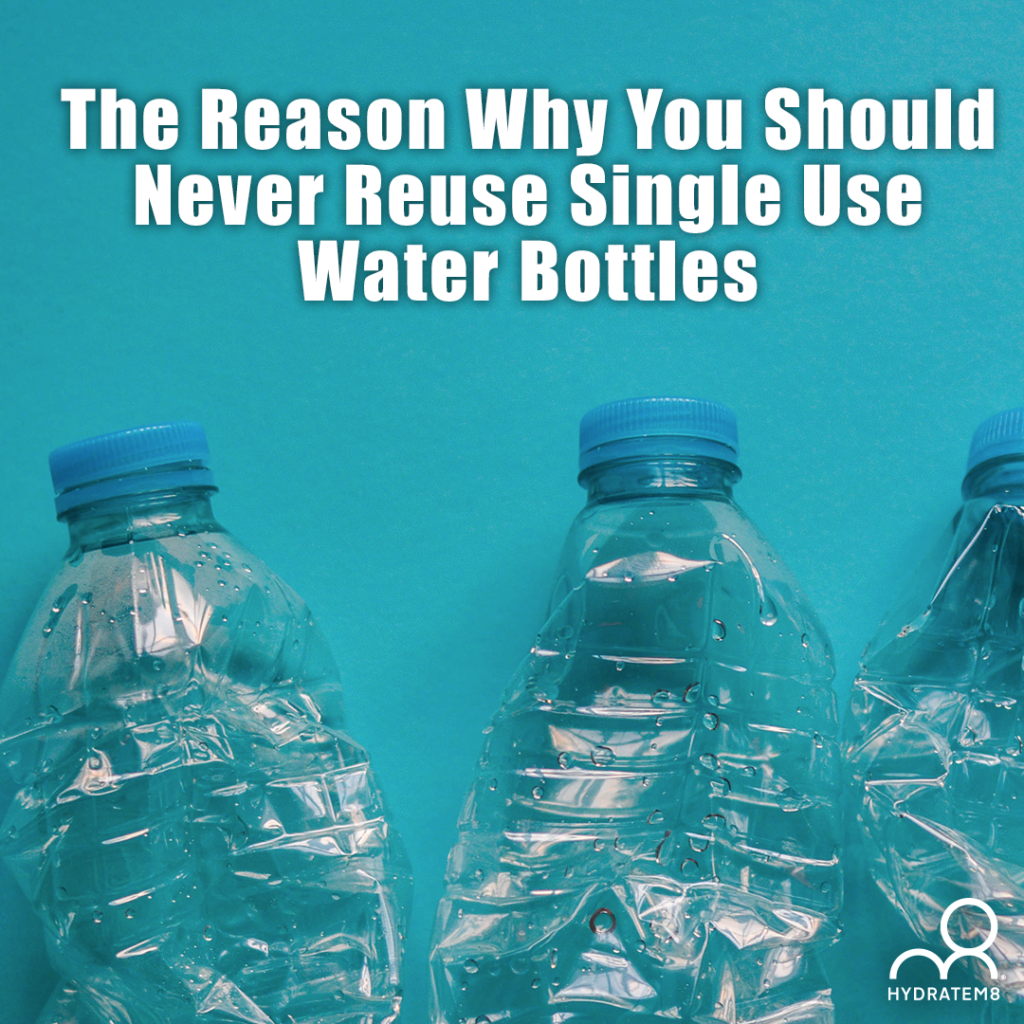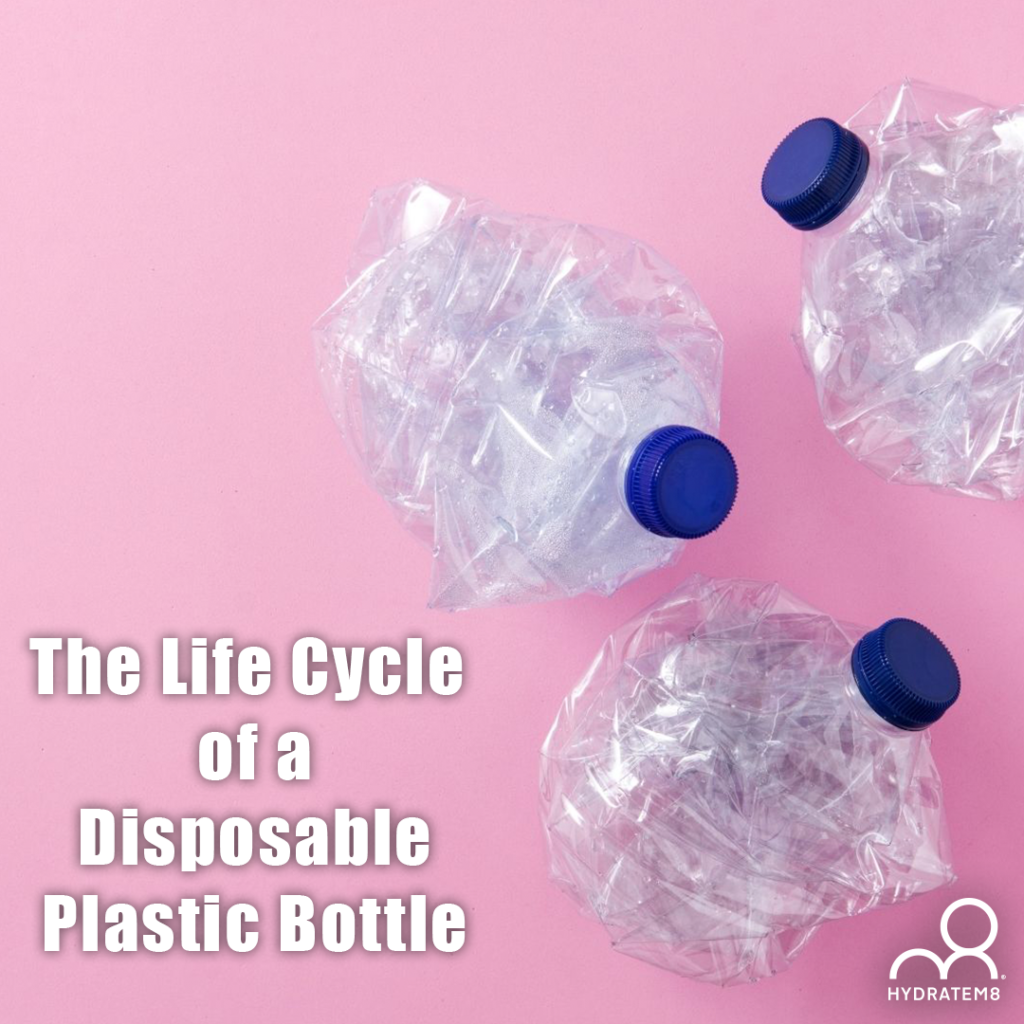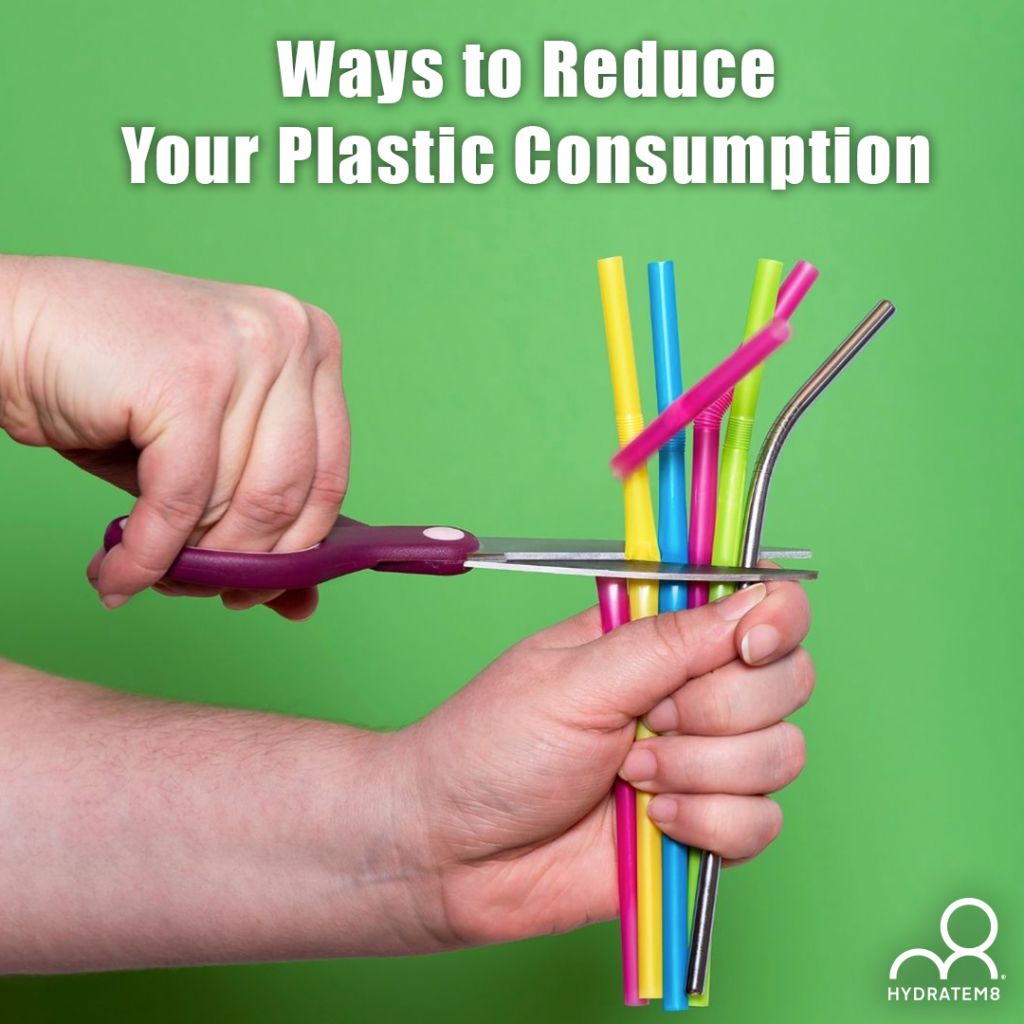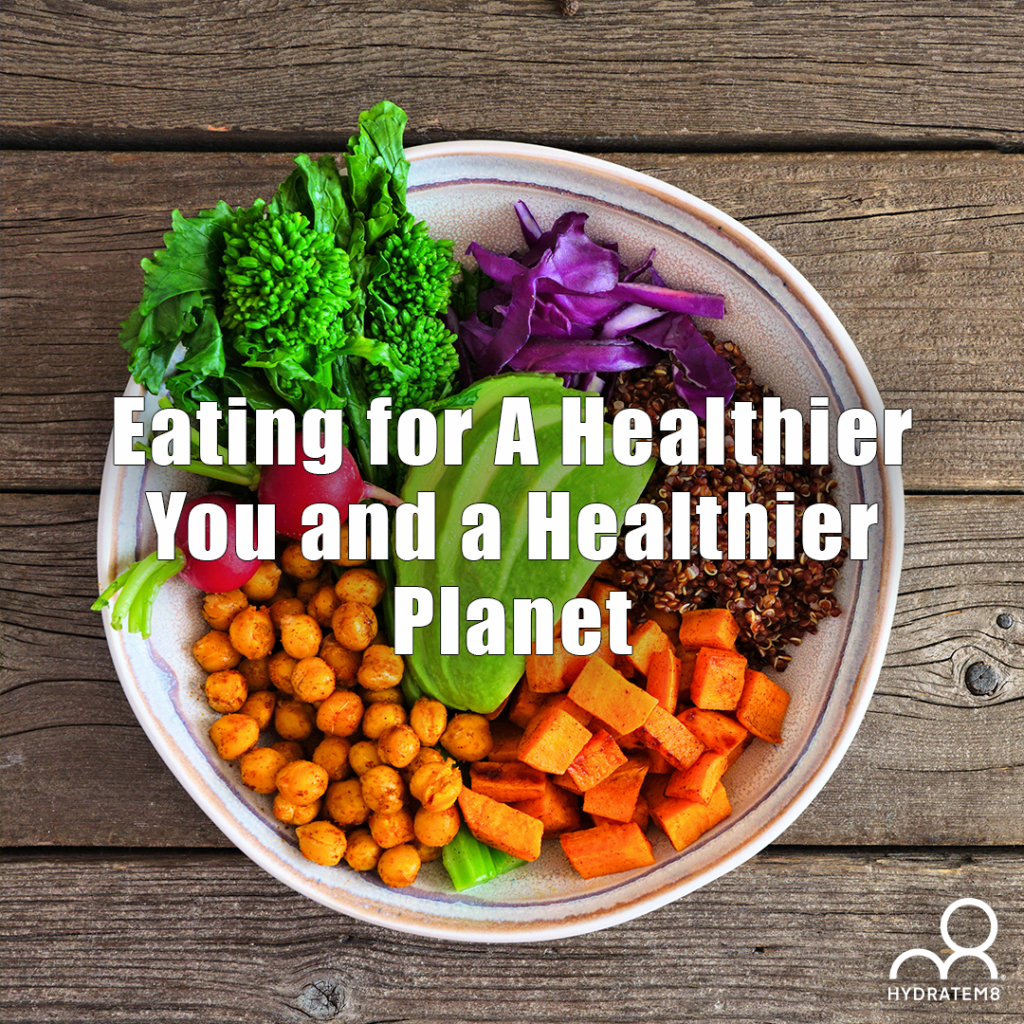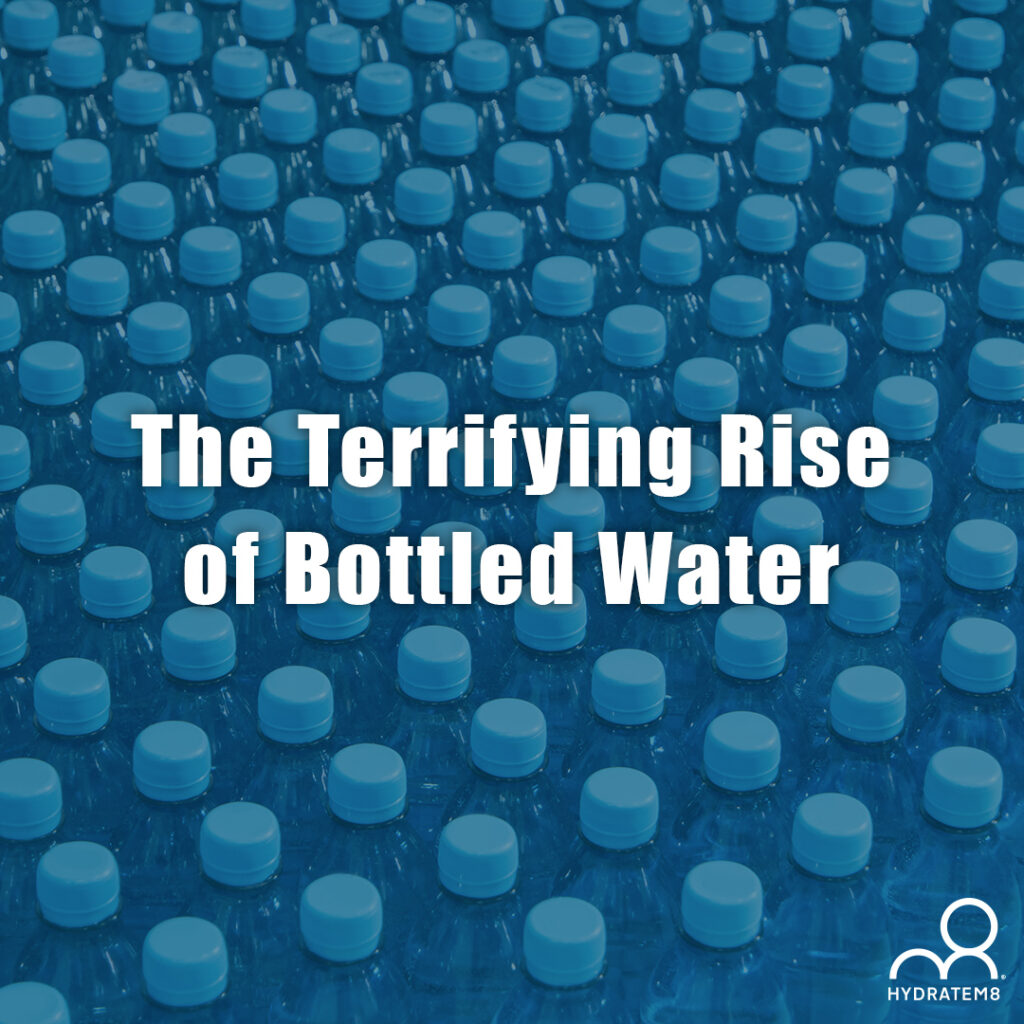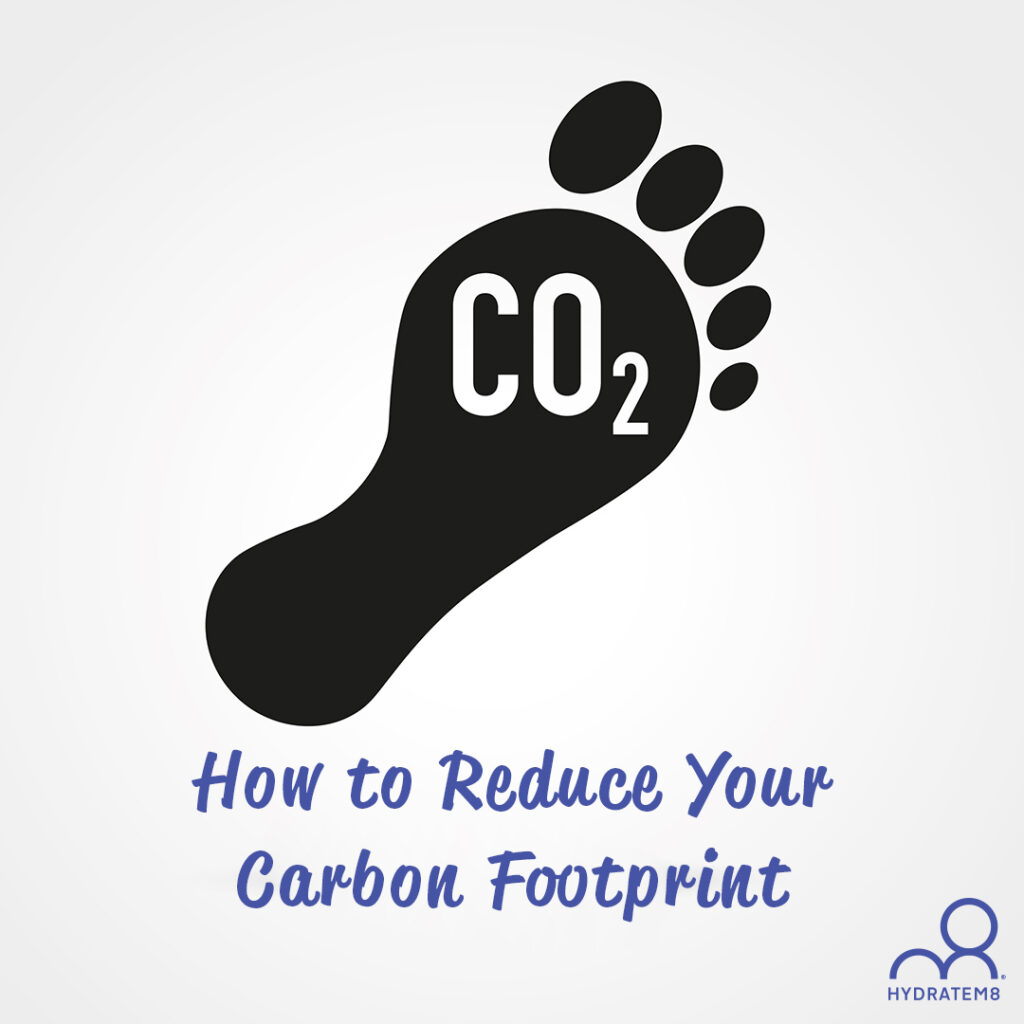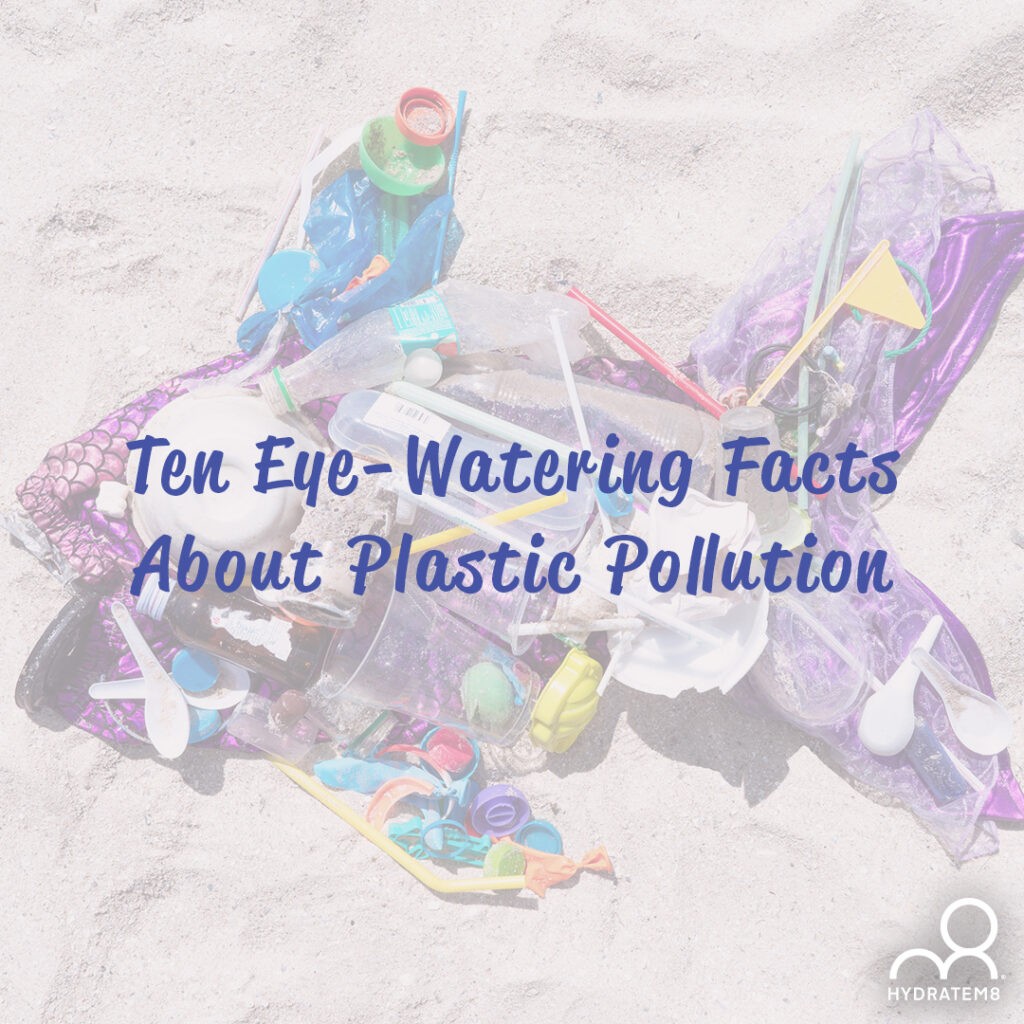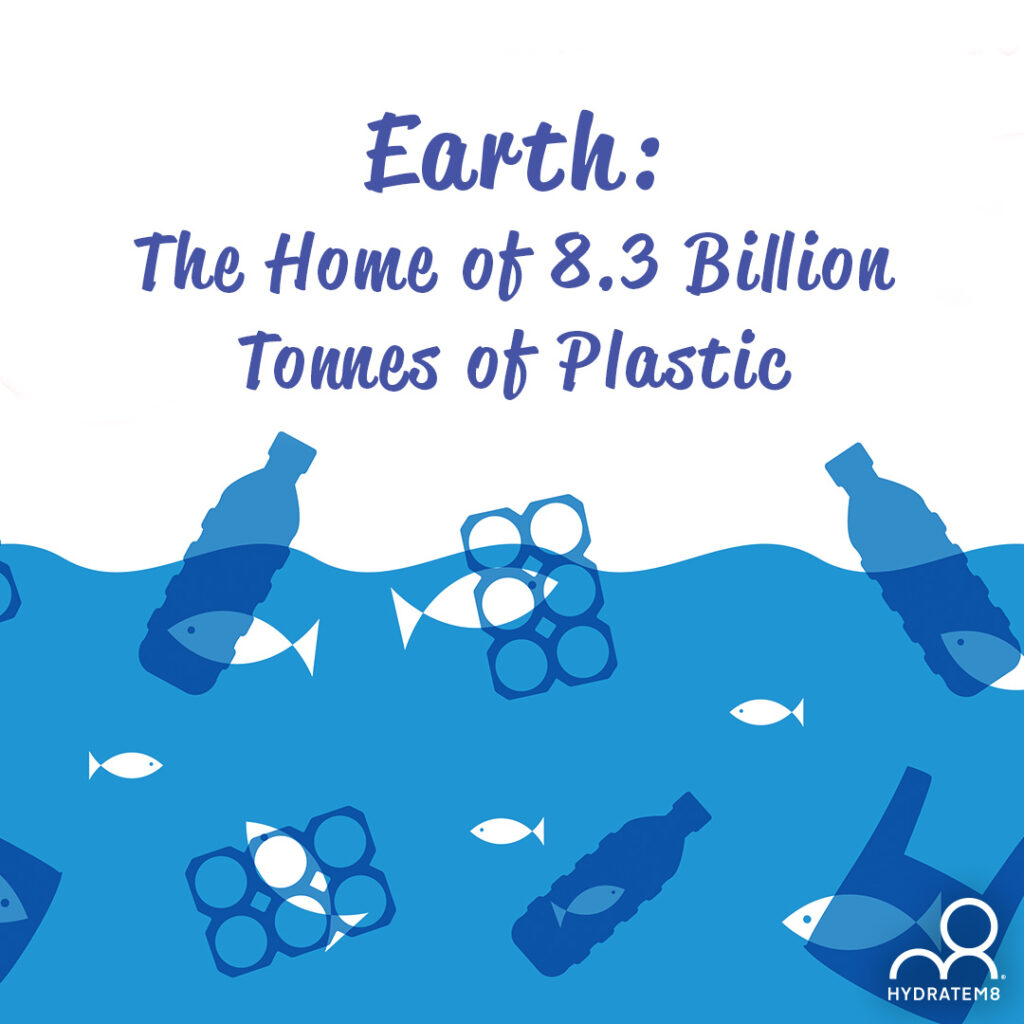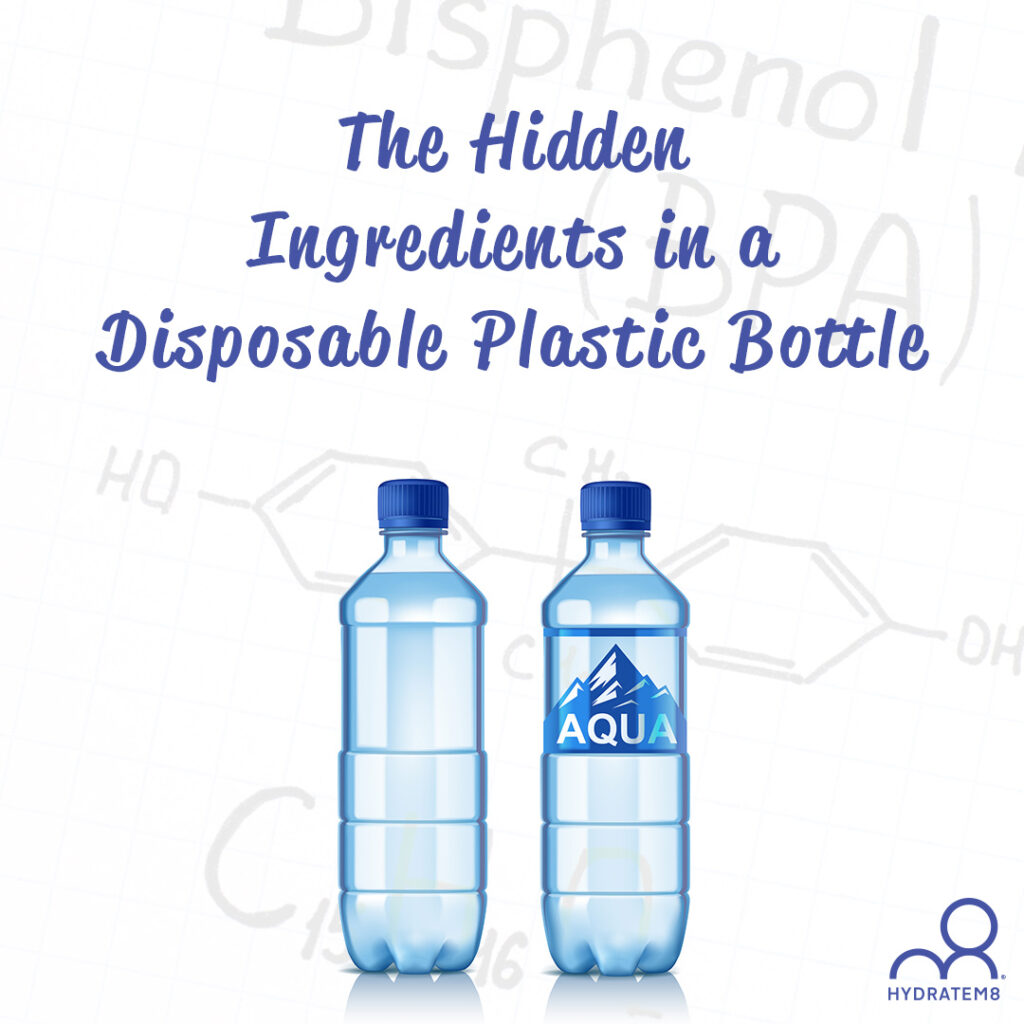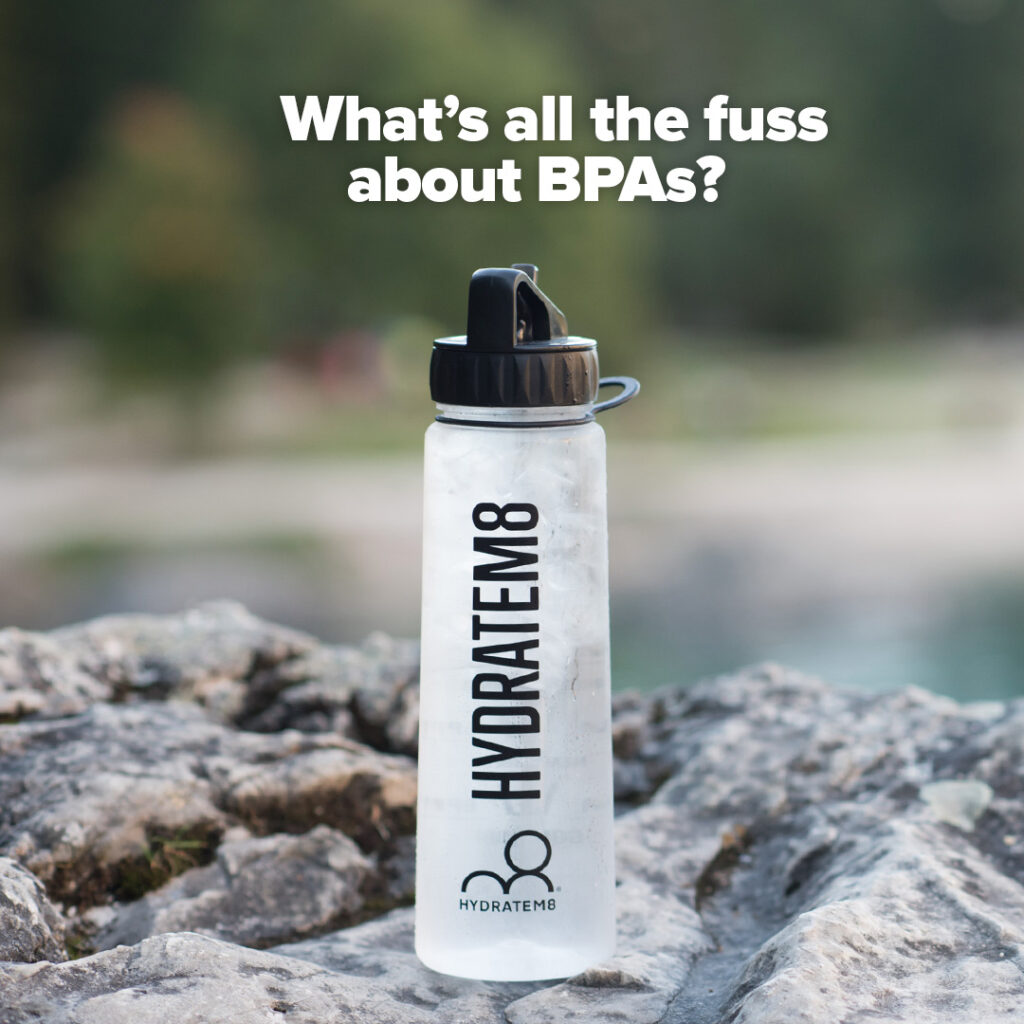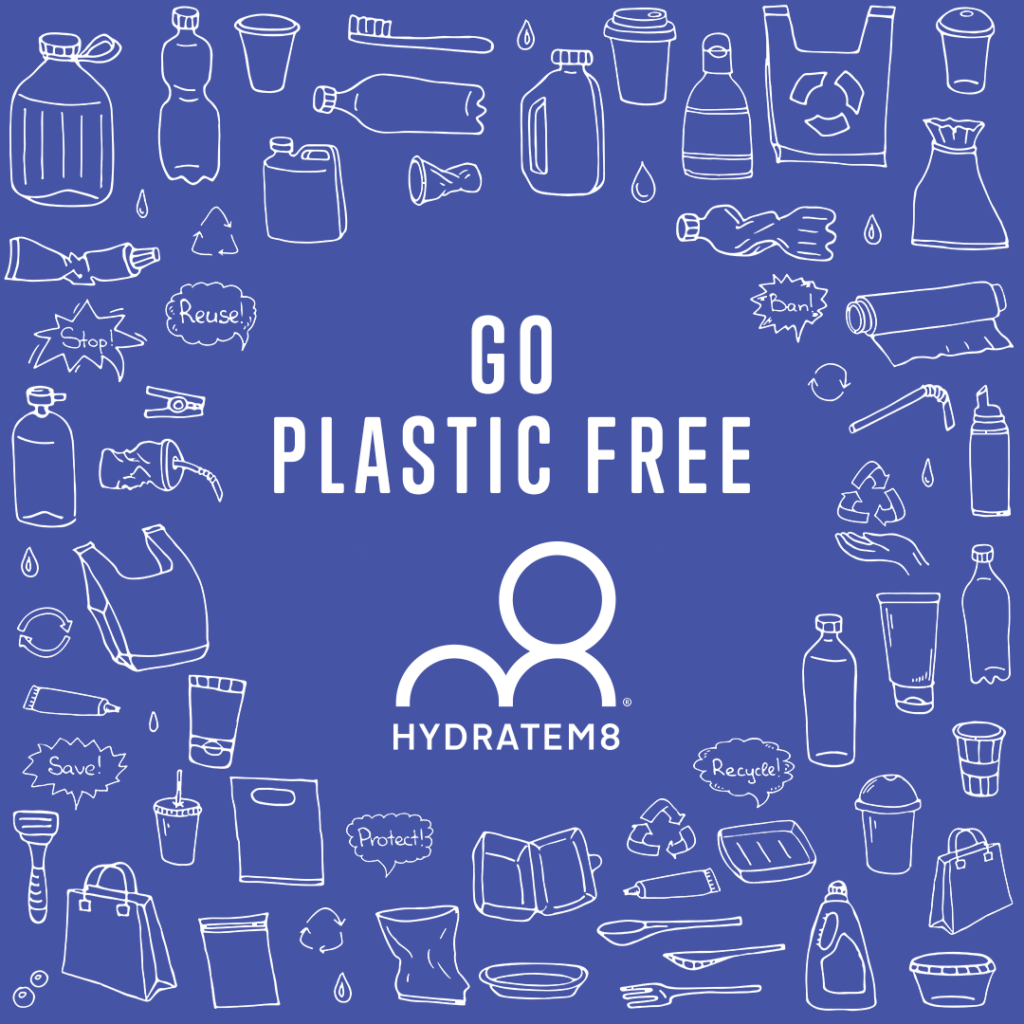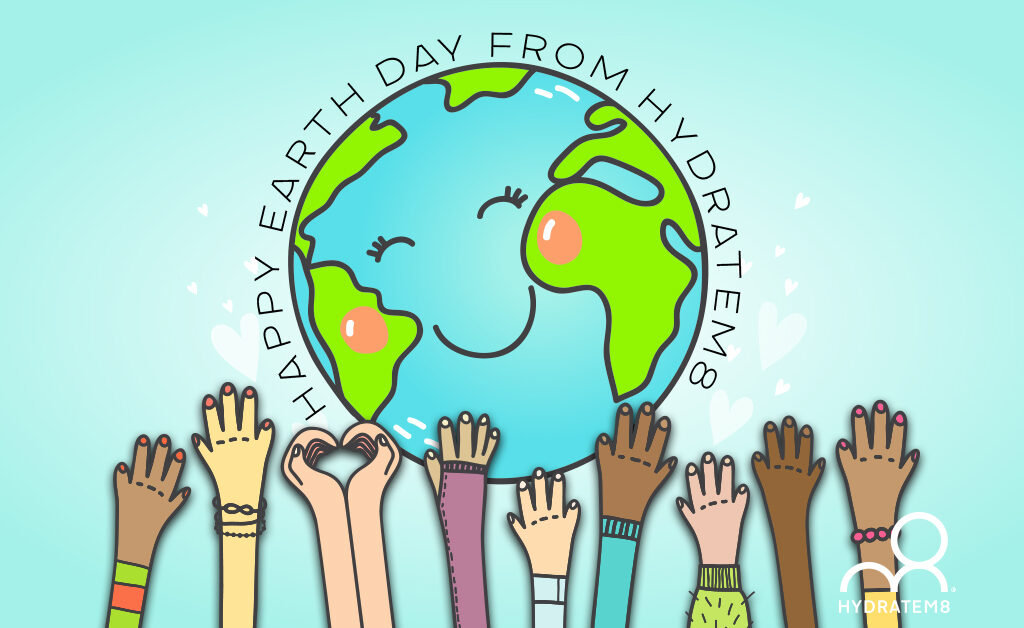So you are just off for a run, and last night you drank the last bit of water in your shop-bought plastic bottle. You know you will be desperate for some hydration, so what’s wrong with refilling the empty bottle that you haven’t yet thrown away? Using a plastic water bottle that is not meant to be used more than once, can set off a multitude of health issues, even the manufacturers tell you that.
The first issue is the material used by the majority of companies to manufacturer plastic water bottles, whether they are actually for water, or previously filled with fizzy drinks or squash. The composition of the plastic is such that it degrades in a very short time, which causes thinning or cracks in the material, a sure fire ‘love nest’ for bacteria to indulge in. Constant washing of the bottles, even with warm soapy water, will merely increase the risk over a short period of time. Bacteria settling and reproducing in even the smallest scratches or abrasions in the bottles can produce severe gastrointestinal problems. If you are a germaphobe, your imagination can easily create images of a party night for parasites all housed in one bottle!
Most people will rinse rather than wash up bottles properly, but there is no escaping the fact that the bacteria levels with exceed those considered safe for water consumption. Be aware and be careful – dangerous germs such as the novovirus can reproduce at a tremendous rate of knots.
But therein lies even more sinister problems that can cause serious illnesses in your body, one of which is Bisphenol A. We are not scaremongering, nor quoting huge technical names at you, but have you ever really thought about what these plastic water bottles are made of?
Bisphenol A (BPA) is a chemical used in the manufacture of the bulk of plastic bottles on sale. It is used to make the plastic clear as well as durable (dare we suggest for marketing/sale purposes?) and is known to be an endocrine disruptor linked to a whole host of health problems too worrying to think about. But you must, as the list of problems seems to grow more on a daily basis with more scientific research being conducted. The health issue seems to surround the development of cancerous tumours and a range of other developmental issues, which unfortunately do surround women more than men, particularly fertility and pregnancy in the former. BPA is able to enter the body through exposure to plastics contained in bottled drinks and even your normal household cleaning products.
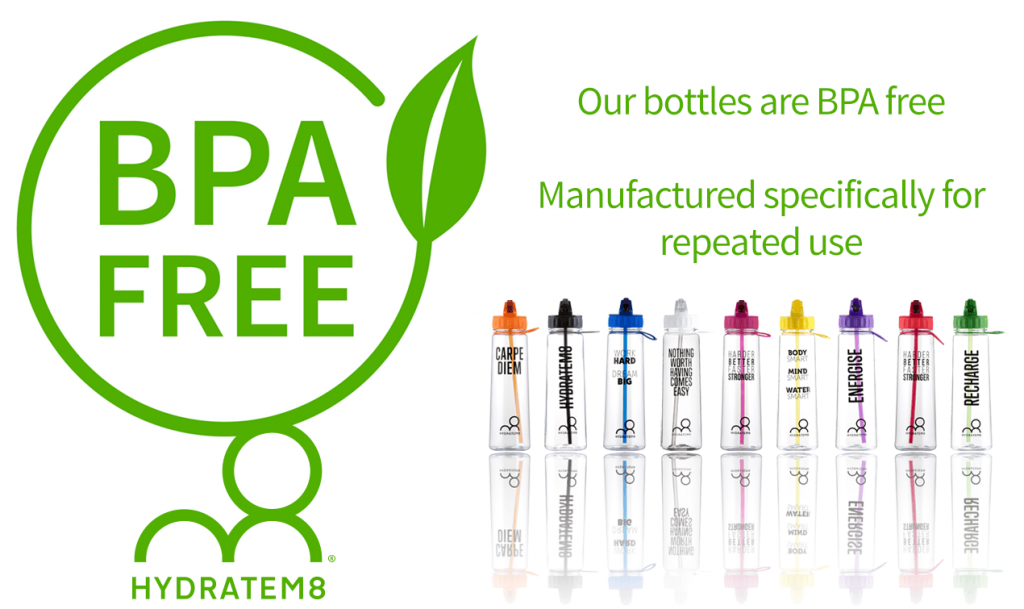
We can’t help you with your house cleaning, but we can with our specially manufactured HydrateM8 water bottles. We try our best with the germ issues, but they are not totally avoidable – but we do protect you against developmental issues. Our HydrateM8 bottles are manufactured BPA FREE thus negating the intake of any harmful chemicals. Our bottles are still pretty rigid, preventing cracks and abrasions as far as possible.
Hydration with HydrateM8 water bottles will certainly pave the way to healthier water drinking and give you more peace of mind.

